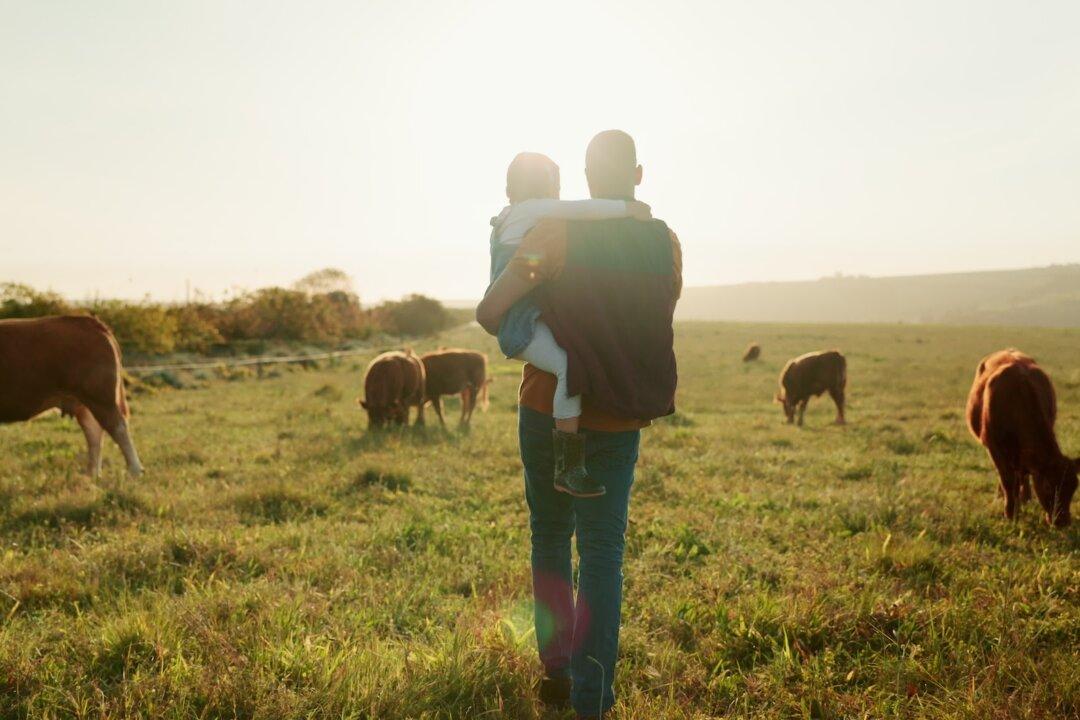The city and the country both have much to offer. Personally, I have always favored rural living, and for nearly all my life, I have resided on an acreage either on the edge of town or in the country proper. My wife and I currently own a little more than three acres on a dead-end road. On the property is an old, remodeled farmhouse and a large rusty shed, in a quiet unassuming little valley, ranged with ridges of coulees that are half-wild, half-agricultural. In the summer, the hills flush with green verdure. In the winter, they are stripped to the austere beauty of black, bare tree trunks against glinting snow. We consider ourselves blessed to be here.
Of course, a country life isn’t the right fit for everyone, and it has downsides. It can be harder to get to know people, and you have to be prepared to drive a good deal. Disposing of trash and clearing your driveway of snow are recurring inconveniences. But for my family, at least, the rewards far outweigh the drawbacks. Here are five benefits bestowed on us (and many others) thanks to life in the country.






